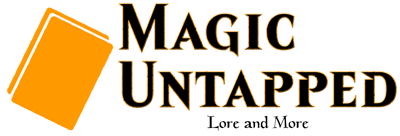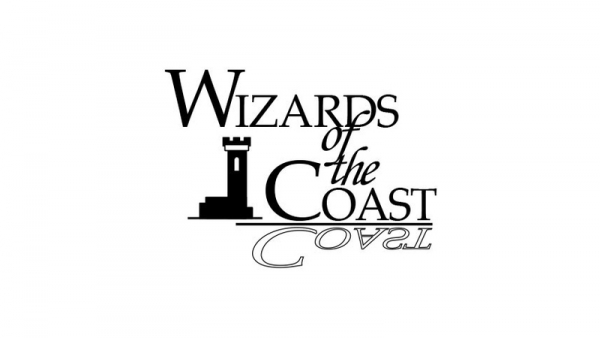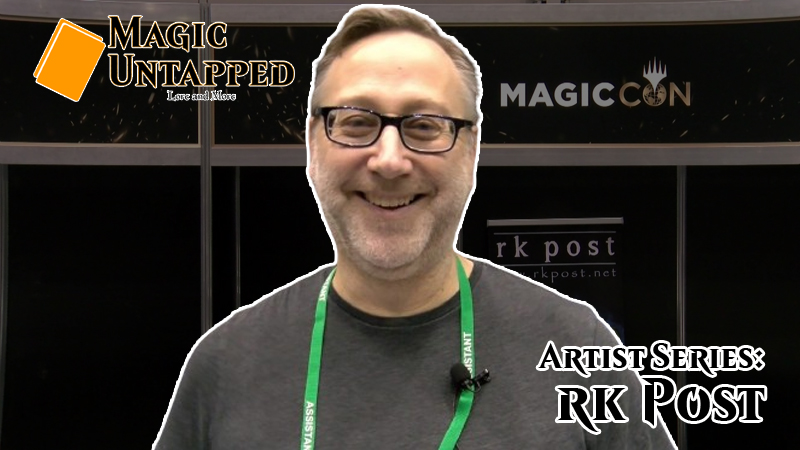Wizards of the Coast, the company that makes Magic the Gathering, isn't all that older than long-standing collectible card game itself. But, just like MTG, it has its own unique history.
Wizards of the Coast, the company that makes Magic the Gathering, isn't all that older than long-standing collectible card game itself. But, just like MTG, it has its own unique history.
Peter Adkison actually founded Wizards of the Coast just outside of Seattle in the year 1990, mostly as a way to carry some RPG games like Talislanta and The Primal Order. In fact, a lot of the company was heavily tied with RPGs, even including the name of the company itself.
If you've ever wondered why it is called Wizards of the Coast, it actually has nothing to do with the company being one of the first major west coast tabletop RPG companies. It's actually named after a Dungeons & Dragons campaign that Adkison was playing at the time. In short, he liked the name so much that he named the whole company after it.
 After a few years, though, the company was in a bit of trouble.
After a few years, though, the company was in a bit of trouble.
When they released The Primal Order in 1992, they got into a big legal snafu. They were sued by a book company for referencing something they shouldn't have. Plus they really didn't have much of a hit at the time.
They needed some game to get out of this. Luckily for them, there were a number of indie game makers out there looking for a publisher.
This is roughly where a guy named Richard Garfield comes in.
He arrived at Wizards of the Coast and asked if they would be interested in his great game. That game? RoboRally.
WotC balked at the game, though, stating largely that they simply couldn't publish it since it seemed a bit too expensive to make due to all of its various parts and game pieces. Instead, they asked him for something cheaper, not-board based, and something that would entice a lot of new customers.
He then proposed a fantasy-based card game that was more-or-less based off of a prototype game he had been working on that he called Five Magics. And the name of this new fantasy card game? You guessed it. Manaclash.
 Well, that was the name until they had a name right issue, so they just swung back to the "Magic" part of it all. After all, that's what everyone in the building was calling it anyways. The word "Magic," however, couldn't be trademarked as it was simply too common a word. That's when Garfield and WotC added "The Gathering" (future sets were supposed to replace "The Gathering" with the set name, ie: "Magic: Ice Age," but that obviously never came to fruition).
Well, that was the name until they had a name right issue, so they just swung back to the "Magic" part of it all. After all, that's what everyone in the building was calling it anyways. The word "Magic," however, couldn't be trademarked as it was simply too common a word. That's when Garfield and WotC added "The Gathering" (future sets were supposed to replace "The Gathering" with the set name, ie: "Magic: Ice Age," but that obviously never came to fruition).
By 1993 that lawsuit had been settled and Magic: The Gathering became one of the biggest hit games of all time. Within three years after Magic's debut at GenCon in 1993, Wizards of the Coast went from being a tiny company whose claim to fame was being named after a D&D campaign to one well on their way to owning D&D itself.
And it's all thanks to Manaclash. Er, Magic.









